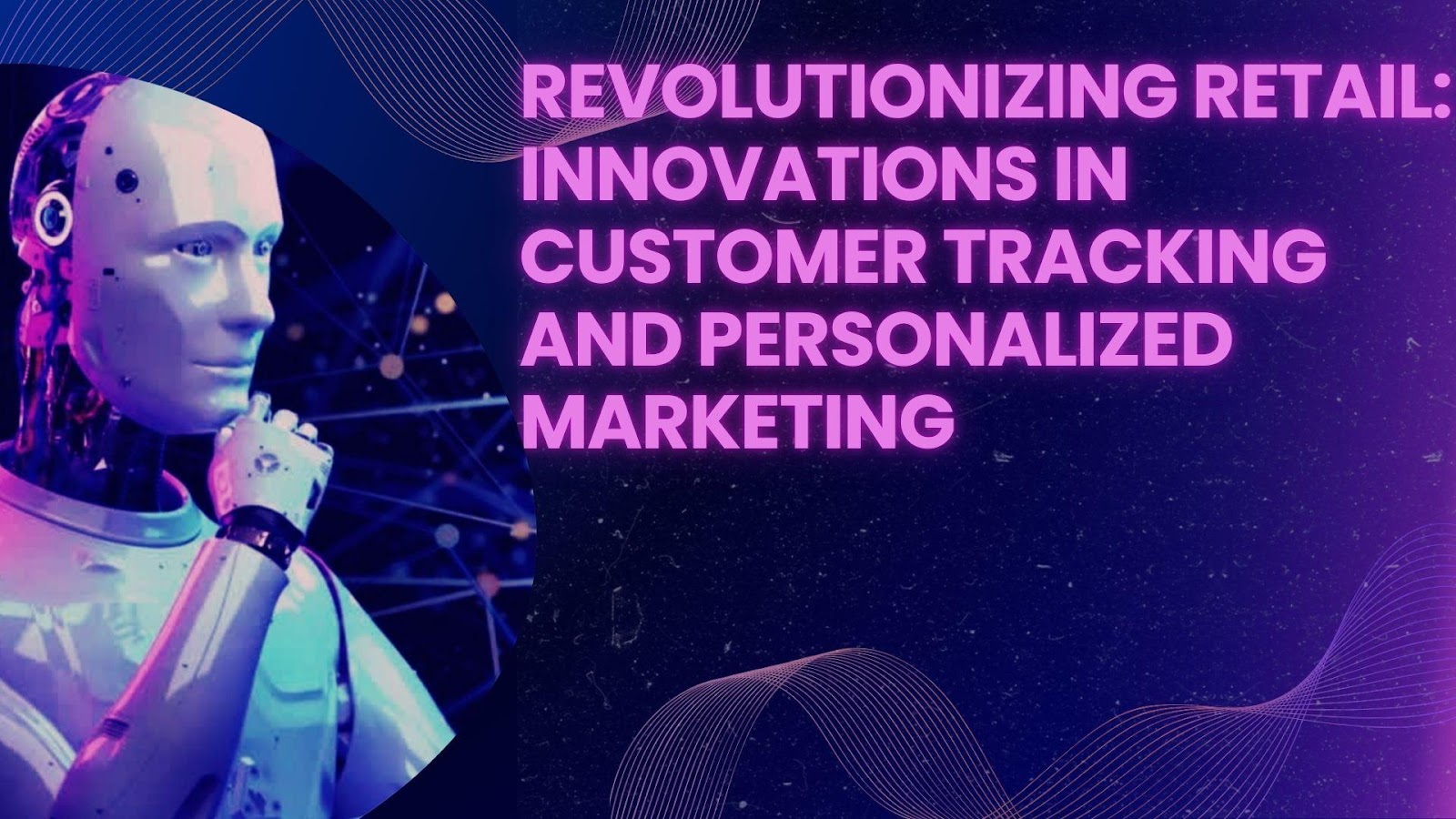Retail businesses are embracing technological advancements to enhance customer experiences and optimize performance. In his latest research, Sucharan Jandhyala explores how advanced customer tracking systems and personalized marketing strategies are transforming retail operations. With a strong focus on data-driven decision-making, Jandhyala presents a systematic approach to improving conversion rates and customer engagement.
The Power of Customer Traffic Analytics
Retailers have long sought insights into customer behavior, and modern analytics provide real-time data that revolutionizes store management. The evolution of customer tracking systems has moved from manual counting to sophisticated technologies such as infrared sensors, video analytics, and thermal imaging. These innovations offer precise tracking of movement patterns, helping businesses refine store layouts, optimize staffing, and predict peak traffic periods. By integrating artificial intelligence and machine learning, retailers can now distinguish between staff and customers, creating a more accurate analysis of in-store behavior.
Understanding Purchase Behavior Through Data
Consumer decision-making is complex and influenced by multiple factors beyond just pricing. The integration of digital tracking capabilities has replaced traditional linear purchasing models with more dynamic frameworks. By analyzing in-store movement and purchase data, retailers can gain insights into how store layout, product placement, and promotional strategies influence buying decisions. This sophisticated approach enables businesses to tailor their offerings, ensuring a seamless and engaging shopping experience.
Targeted Marketing Strategies for Personalized Engagement
Personalized marketing has evolved significantly with the rise of data-driven strategies. Instead of relying solely on demographic information, modern approaches consider behavioral and psychographic factors. AI-driven analytics allow businesses to craft promotions that resonate with specific customer segments, improving response rates and fostering loyalty. Personalized coupon distribution and category-specific promotions ensure that customers receive relevant offers at the right time, enhancing their overall shopping experience.
Additionally, real-time personalization technologies now enable dynamic content adaptation based on immediate user interaction patterns. Predictive modeling identifies potential churn risks, allowing preemptive retention offers. Cross-channel consistency ensures seamless customer journeys across devices and touchpoints. Ethical considerations around data privacy have become paramount, with transparent opt-in mechanisms building consumer trust. The integration of augmented reality features creates immersive personalized experiences, while voice-activated shopping assistants further customize the consumer journey through natural language processing capabilities.
Implementing Advanced Customer Tracking Systems
Deploying an effective customer tracking system requires a balance of technology, data protocols, and privacy considerations. Advanced sensor arrays, including infrared beams, computer vision systems, and thermal sensors, work together to provide accurate tracking while maintaining customer anonymity. These systems offer real-time synchronization, enabling businesses to analyze traffic flow and customer interactions with greater precision. Privacy-compliant protocols ensure that collected data is anonymized and used ethically.
Enhancing Market Segmentation for Better Results
Sophisticated market segmentation strategies leverage behavioral and interest-based classification rather than traditional demographics. Retailers use advanced algorithms to analyze shopping patterns, enabling them to predict future purchases and identify cross-selling opportunities. By continuously updating customer profiles, businesses can offer highly relevant product recommendations, improving conversion rates and customer satisfaction.
Optimizing Promotional Strategies Through Data Insights
Retailers are now leveraging AI-driven analytics to determine the optimal timing and frequency of promotions. By analyzing customer engagement patterns, businesses can refine their marketing strategies to maximize impact. Personalized offers delivered through multiple channels, including mobile apps and email, ensure higher engagement. Additionally, real-time monitoring of marketing response rates helps businesses adjust their campaigns for maximum effectiveness.
Measurable Improvements in Retail Performance
The integration of customer tracking and personalized marketing strategies leads to tangible improvements in business performance. Metrics such as traffic conversion rates, category-specific sales, and customer loyalty scores demonstrate the impact of data-driven retail optimization. Real-time data analysis enables retailers to refine their strategies continuously, ensuring sustainable growth and customer retention.
In conclusion,as the retail industry evolves, businesses must embrace technology-driven strategies to remain competitive. The adoption of advanced customer tracking and personalized marketing approaches ensures that retailers can better understand their customers, optimize operations, and enhance the shopping experience.Through this research, Sucharan Jandhyala highlights the transformative potential of data analytics in retail. By balancing technological advancements with ethical considerations, businesses can unlock new opportunities for growth while maintaining customer trust and loyalty.



































